Every year on February 4th, the world unites under the banner of World Cancer Day to raise awareness of the global impact of cancer; a disease that indiscriminately touches millions of lives. While medical science has made leaps in cancer treatment, the quest for more effective and less invasive options continues. In this pursuit, one unlikely ally has emerged from the natural world: fungi as cancer-fighting agents.
For centuries, various cultures have revered functional mushrooms not just as food but as powerful agents of healing. Today, we dive into the intriguing world of functional mushrooms and their potential role in cancer prevention and treatment. By exploring the intersection of ancient wisdom and modern science, we aim to show how these natural wonders might contribute to the global fight against cancer.
What is Cancer?
Cancer is more than just a single disease; it's a complex group of disorders characterized by the uncontrolled growth of abnormal cells in the body. These cells can invade nearby tissues and spread to other body parts, a process known as metastasis. Despite advancements in medical technology, cancer remains a leading cause of death worldwide.
Current cancer treatments, including chemotherapy, radiation, and surgery, have significantly improved survival rates. However, these treatments often have many side effects and don't always guarantee remission. This reality propels the continuous search for alternative therapies that can complement or enhance existing treatments, reduce side effects, and offer new avenues for cure.
The importance of ongoing research cannot be overstated. It paves the way for innovative treatments and deepens our understanding of how cancer can be more effectively managed and possibly prevented. In this context, exploring natural substances like immune-boosting mushrooms opens an exciting chapter in cancer research.
Natural Cancer Care: Mushrooms
Functional mushrooms have a storied history in traditional medicine, especially in Asian cultures. They've been used for thousands of years, not just as food but as a means to promote longevity and health. Today, these mushrooms are gaining attention in the West, not just for their nutritional value but for their potential therapeutic properties, including anti-cancer effects.
Mushrooms are a diverse group of fungi, and several varieties are known for their functional properties. They contain bioactive compounds, like beta-glucans in functional mushrooms, which are believed to contribute to their anti-cancer properties. Polysaccharides, for instance, strengthen the immune system, potentially helping the body fight cancer cells more effectively. Beta-glucans have been studied for their role in stimulating the immune system and possibly inhibiting cancer cell growth.
Integrating fungal therapy for cancer treatment is a burgeoning field of study. While the historical use of these mushrooms in traditional medicine is well-documented, modern science is only beginning to unravel how they might be used alongside conventional cancer treatments. As research continues, the potential of these functional mushroom extracts for cancer becomes increasingly apparent, offering a glimmer of hope in the ongoing battle against cancer.
Functional Mushrooms Cancer Research
Turkey Tail Mushroom Benefits
Recent advancements have deepened our understanding of the impact of Turkey Tail polysaccharides in cancer treatment, mainly focusing on Polysaccharide Krestin (PSK). In Japan, Turkey Tailmushrooms are a key component of standard cancer treatment protocols [1]. Since 1977, PSK has been recognized by the Japanese National Health Registry as an adjunct to cancer treatment, highlighting its importance and significant contribution to Japan's cancer treatment costs.
Studies have shown that PSK can potentially improve disease-free and overall survival rates in breast cancer patients [1]. Its immunomodulatory properties appear to lessen the adverse side effects of treatment and increase disease-free survival for breast cancer, including both estrogen receptor (ER)-positive and ER- negative types.
Significantly, patients with ER-negative breast cancer have shown improved survival rates when PSK is used alongside chemotherapy [1]. Furthermore, combining PSK with chemotherapy has been associated with better outcomes in breast cancer patients showing histopathological signs of vascular invasion [1].
Oyster Mushroom Functional Uses
Oyster mushrooms have demonstrated potential in combating cancer. Research indicates that extracts from these mushrooms can hinder cancer cell growth in lab settings and living organisms, employing a range of mechanisms [2]. For instance, one study revealed that an ethanol-based extract from Oyster mushrooms effectively curtailed the proliferation of MCF-7 cells, a type of breast cancer cell [2].
This extract induced several changes in these cancer cells, including a reduction in cell size, the formation of bulges on their surface (known as membrane blebbing), and fragmentation of the cell nucleus [2]. These changes led to apoptosis, a process where cancer cells are programmed to self-destruct.
Lion’s Mane Cancer Treatment
The Lion's Mane mushroom is rich in polysaccharides, which are being studied for their potential to combat cancer [3]. Among these, the polysaccharide HEG-5 stands out for its promising properties. Studies have revealed that HEG-5 can hinder the growth and formation of human gastric cancer cells [3]. It does this by inducing programmed cell death and halting the cell cycle, vital in preventing rampant cell growth that can lead to cancer.
Chaga Mushroom: Anti-Cancer Properties
In a mouse model study, Chaga mushroom extract demonstrated significant tumour-suppressive effects, reducing tumour size by 60% and decreasing metastatic nodules by 25% [4]. Chaga inhibits vascularization and promotes tumour agglomeration, suggesting its potential to inhibit tumorigenesis [4]. It's also believed to support normal metabolic processes, like thermogenesis, and reduce chronic inflammation, contributing to cancer cell death.
Separate research on breast cancer cells revealed Chaga's ability to induce autophagy, a cellular cleaning mechanism, by activating AMPK and inhibiting mTOR signalling pathways [5]. This autophagy is crucial in reducing cancer cell survival and promoting cell death, highlighting Chaga's therapeutic potential in cancer treatment.
Additionally, Chaga contains terpenoids, including betulinic acid, which have shown anti-inflammatory, anti-cancer, and anti-hyperglycemic properties [6]. Betulinic acid triggers apoptosis in cancer cells, further underscoring Chaga's potential in cancer care and prevention [7,8].
Shiitake Mushroom: Immune Support
Recent research has highlighted the anticancer properties of Shiitake mushrooms, mainly focusing on their soluble polar substances [9]. Extracts from these mushrooms have been found to inhibit the growth of tumour cell lines associated with laryngeal carcinoma and cervical adenocarcinoma, causing cell death and impeding cell growth [9].
Lentinan, a beta-glucan derived from Shiitake, plays a crucial role in this process. In Japan, lentinan is an approved treatment for gastric cancer and has shown promise in enhancing the effectiveness of chemotherapy, especially in advanced gastric cancer cases, by improving survival rates [10]. Furthermore, the potential synergy between lentinan and anti-cancer monoclonal antibodies, such as trastuzumab targeting the HER2/neu receptor, suggests a potent combination in cancer treatment [10]. This synergy may amplify the immune response against cancer cells, offering new avenues for cancer therapy advancements.
Cancer Prevention with Mushrooms – How to Consume Functional Mushrooms
Integrating mycotherapy for cancer patient care presents a promising adjunct to conventional treatments. These mushrooms can be consumed in various forms – as dietary supplements, extracts, or even incorporated into meals. However, it's vital to approach this integration with caution. While beneficial, the bioactive compounds in mushrooms may interact with certain cancer therapies. Therefore, patients should consult with healthcare professionals before including these in their regimen. This collaboration ensures a safe, complementary approach to cancer care, potentially improving the quality of life and offering supportive care alongside traditional treatments.
Functional Mushroom Research Studies: Informed Caution
While functional mushroom supplements offer hope, navigating this field with informed caution is crucial. A significant misconception is that these mushrooms can replace conventional cancer treatments, which is not supported by current scientific evidence. They should be viewed as complementary, not alternative,
therapies.
Quality and sourcing of mushroom supplements are other concerns. The market is flooded with products of varying purity and potency, making choosing high-quality, well-researched supplements essential. Self- medicating with functional mushrooms can be dangerous, especially when it leads to delaying or forgoing proven cancer treatments.
Another point of caution is the potential interaction of mushroom compounds with certain chemotherapy drugs or radiation therapy, which can either diminish the treatment's effectiveness or exacerbate side effects. Hence, an open dialogue with oncologists and healthcare professionals is critical to integrate these natural therapies into cancer care safely.
The Future of Functional Mushrooms and Oncology
The horizon of functional mushrooms in oncology is expanding with ongoing research and emerging studies. Scientists are continuously exploring the intricate ways in which these fungi interact with cancer cells and the immune system. There's growing interest in understanding how these natural compounds can be harnessed to develop more effective, less toxic cancer treatments.
Functional mushrooms could play a significant role in the future of integrative oncology. This field combines the best of conventional and complementary therapies for a holistic approach to cancer care. As we advance, the potential for personalized medicine, where specific mushroom compounds are tailored to individual patient's needs, becomes more plausible. This evolution in cancer treatment underscores the importance of continued research and clinical trials to validate the efficacy and safety of functional mushrooms in oncology settings.
Alternative Cancer Treatments: Mushrooms
World Cancer Day serves as a powerful reminder of the ongoing battle against cancer and the importance of exploring every possible avenue in its treatment, including the potential of functional mushrooms. As we observe World Cancer Day, let’s embrace both the advancements in conventional medicine and the potential of natural therapies like functional mushrooms while advocating for continuous research and informed, safe practices in cancer care. Let's keep the conversation going, stay informed, and support those impacted by cancer, fostering hope and progress in the fight against this global challenge.

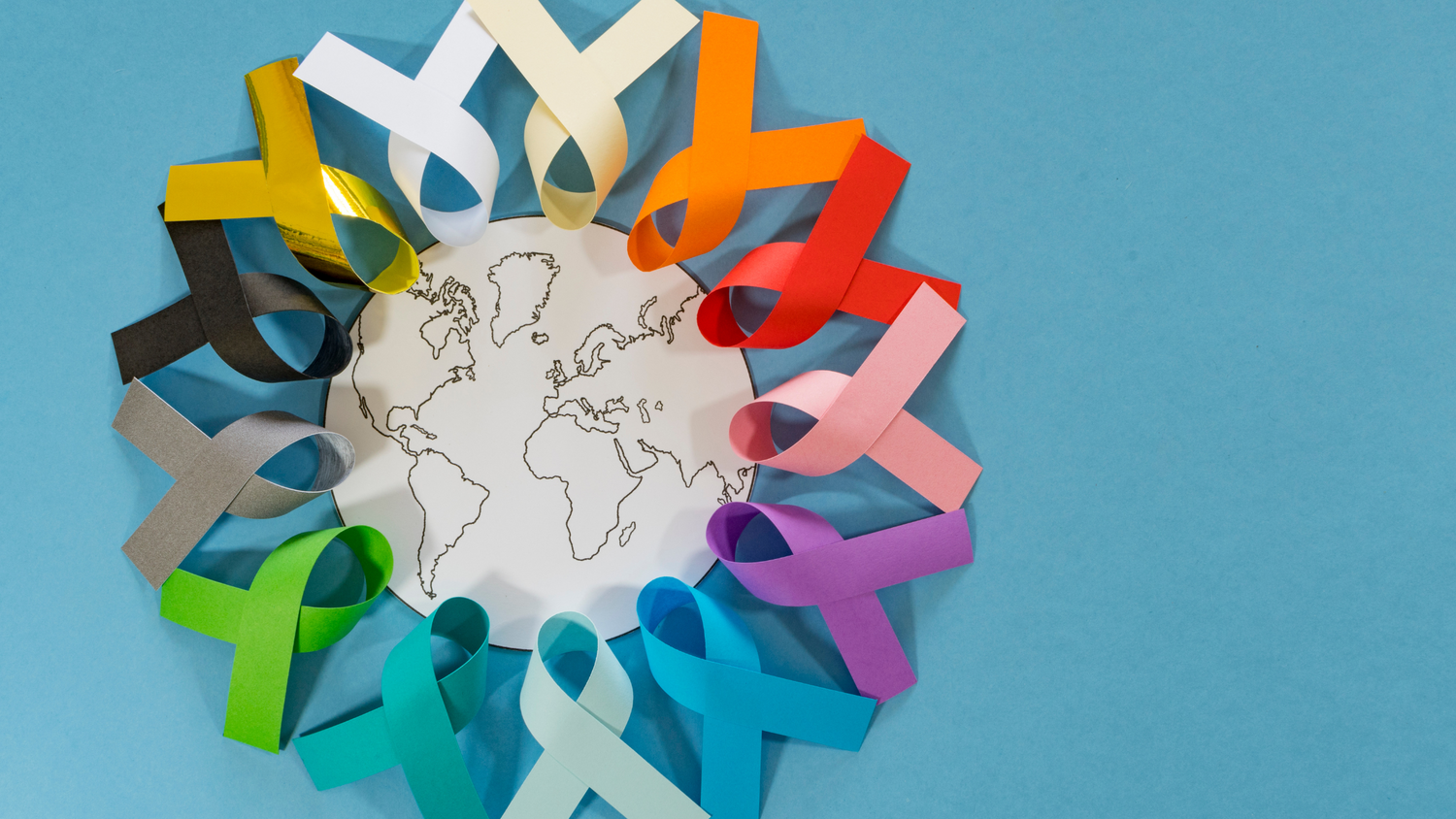

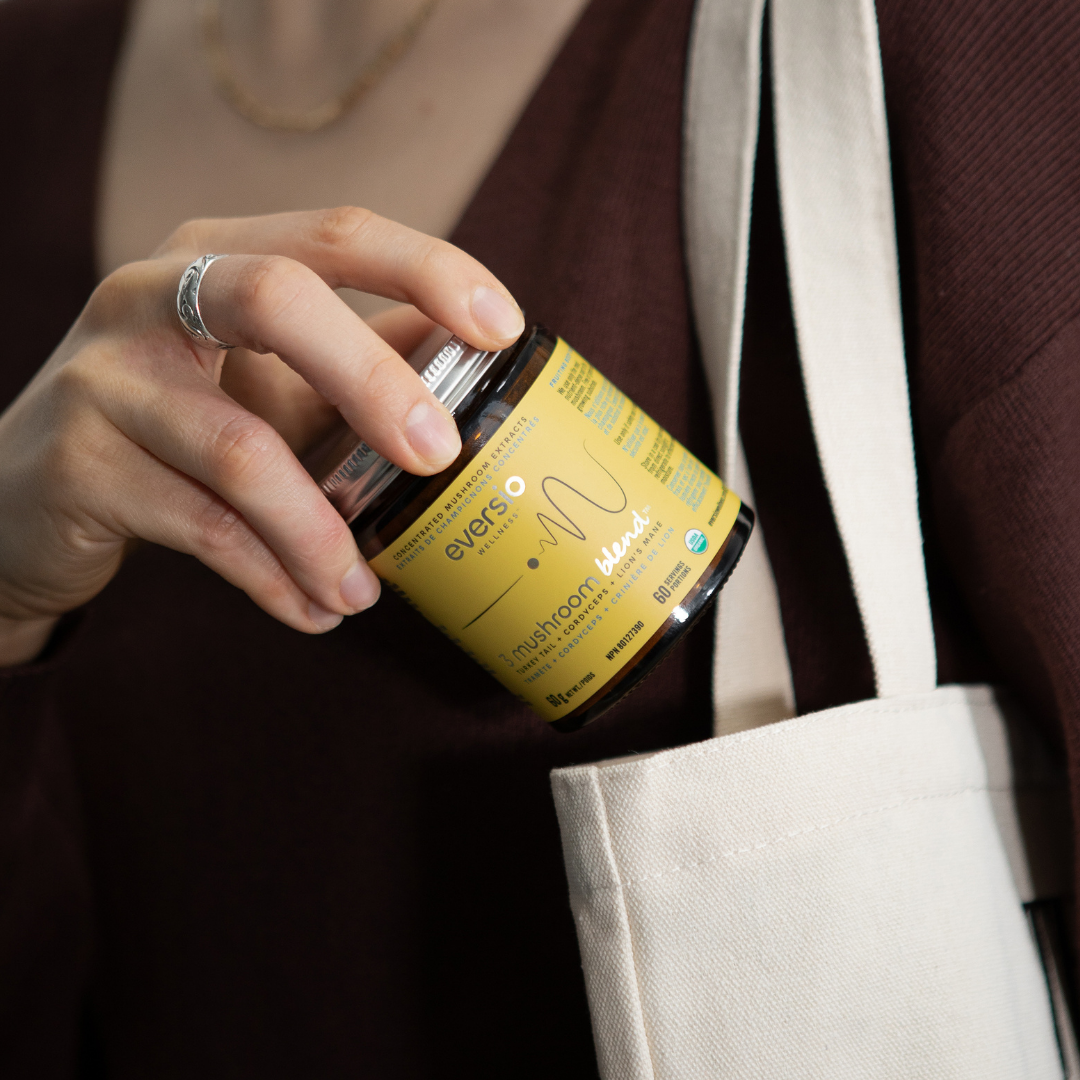

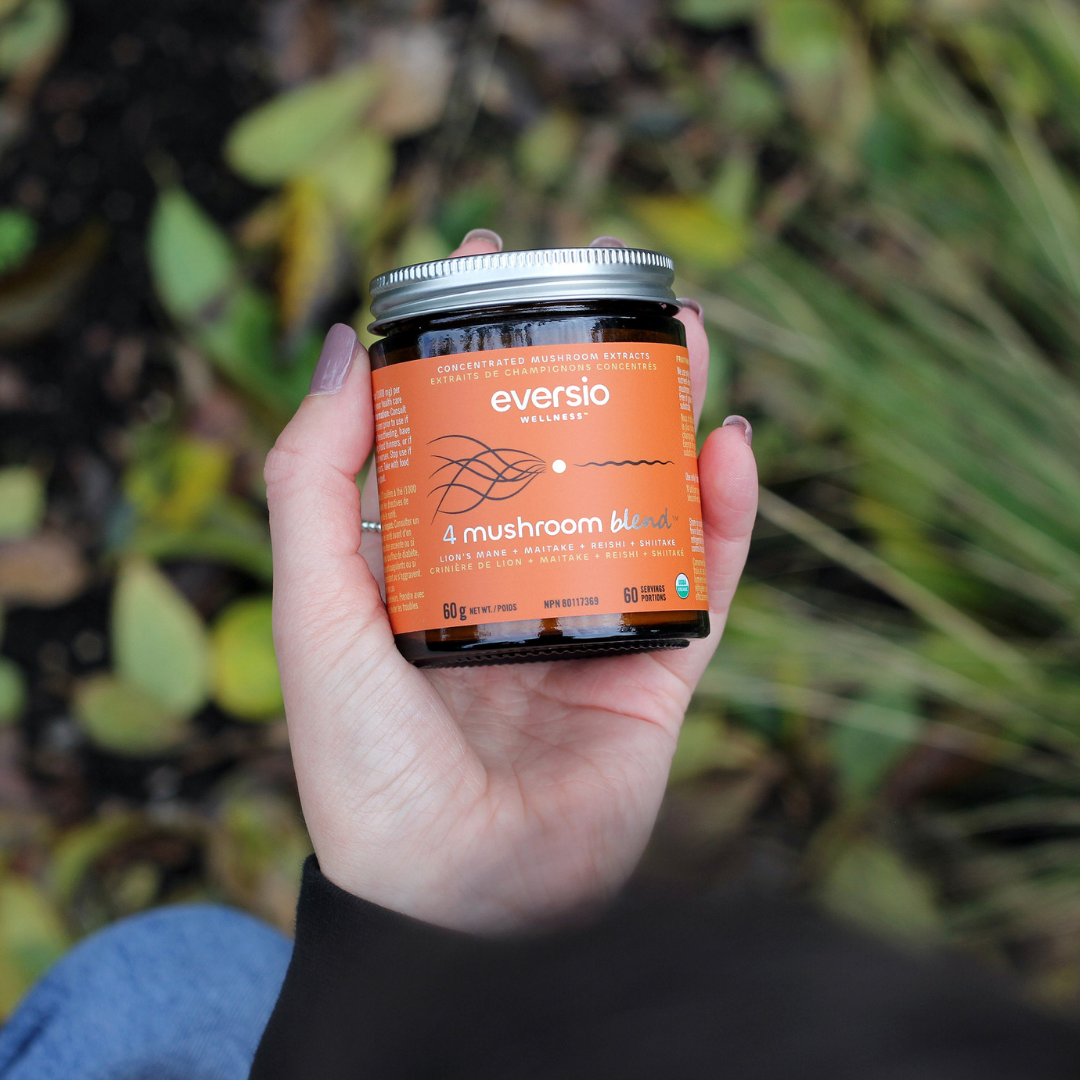



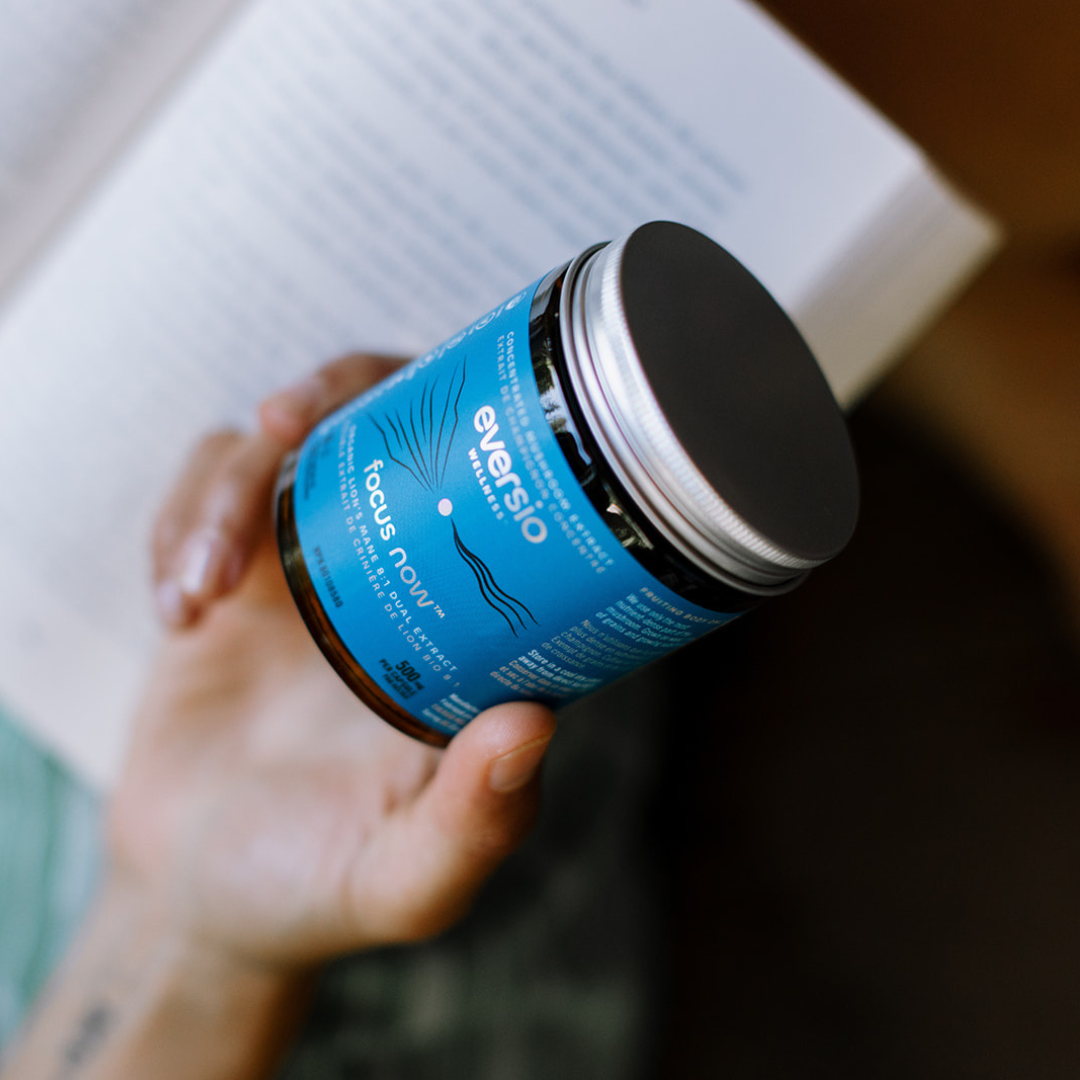

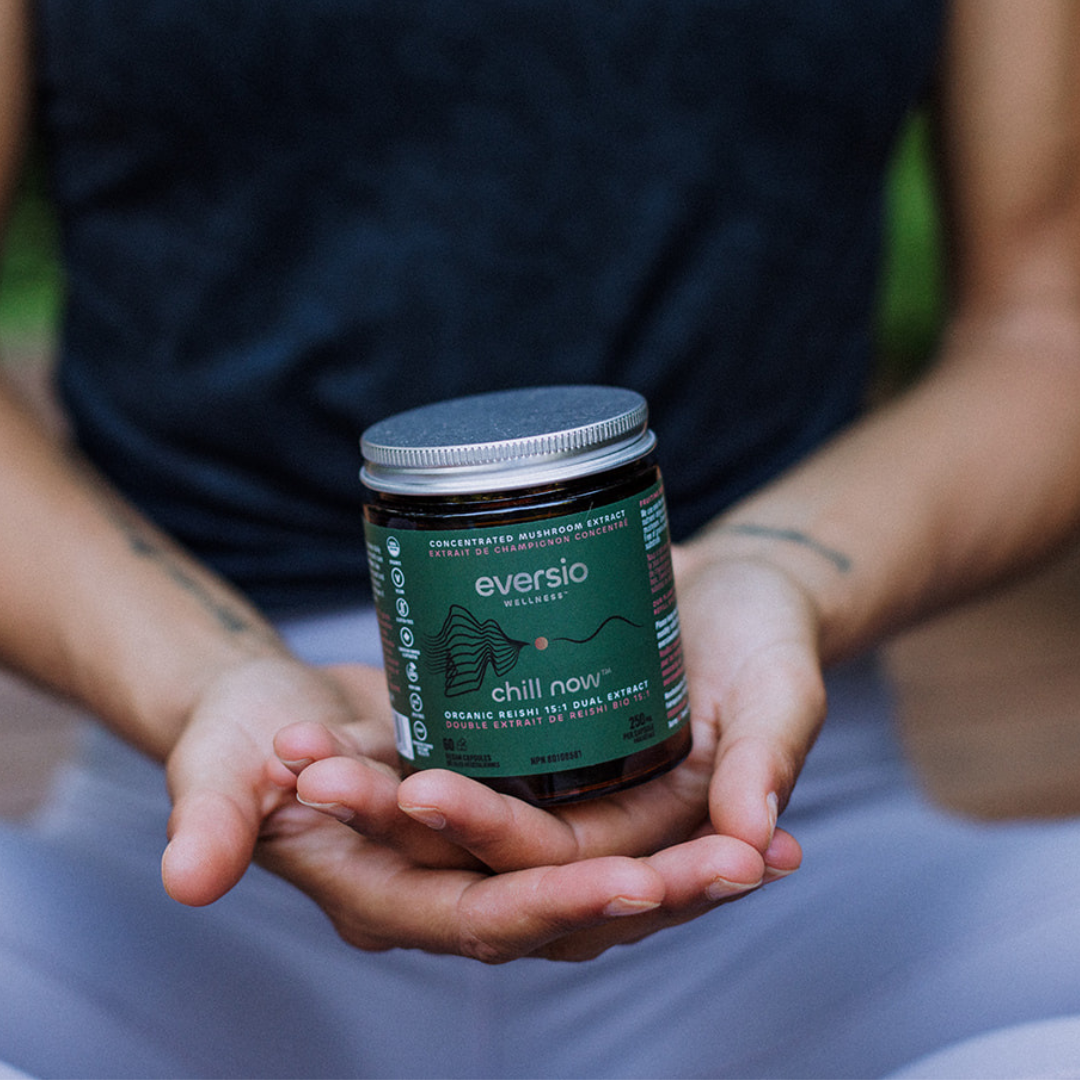
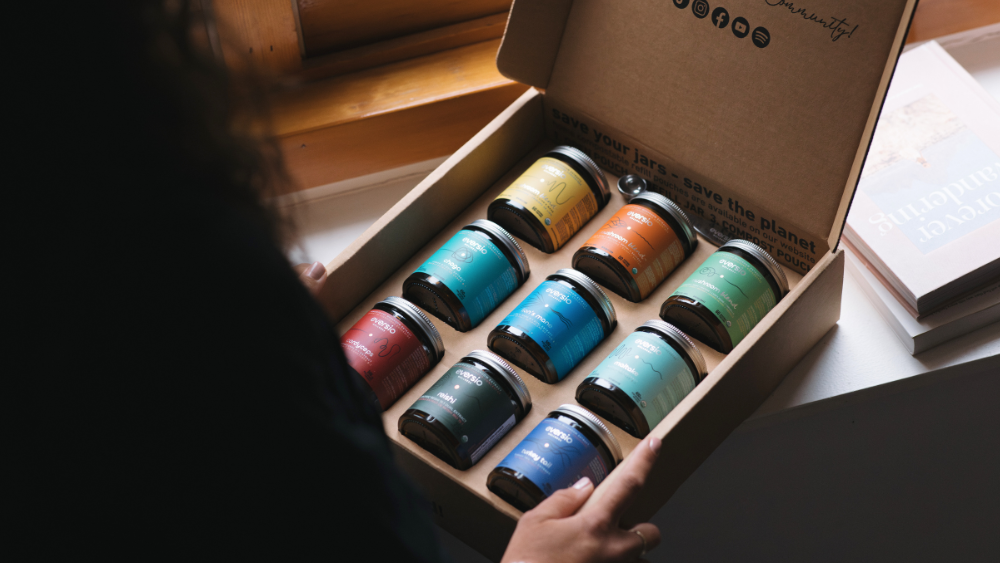







Leave a comment
All comments are moderated before being published.
This site is protected by hCaptcha and the hCaptcha Privacy Policy and Terms of Service apply.